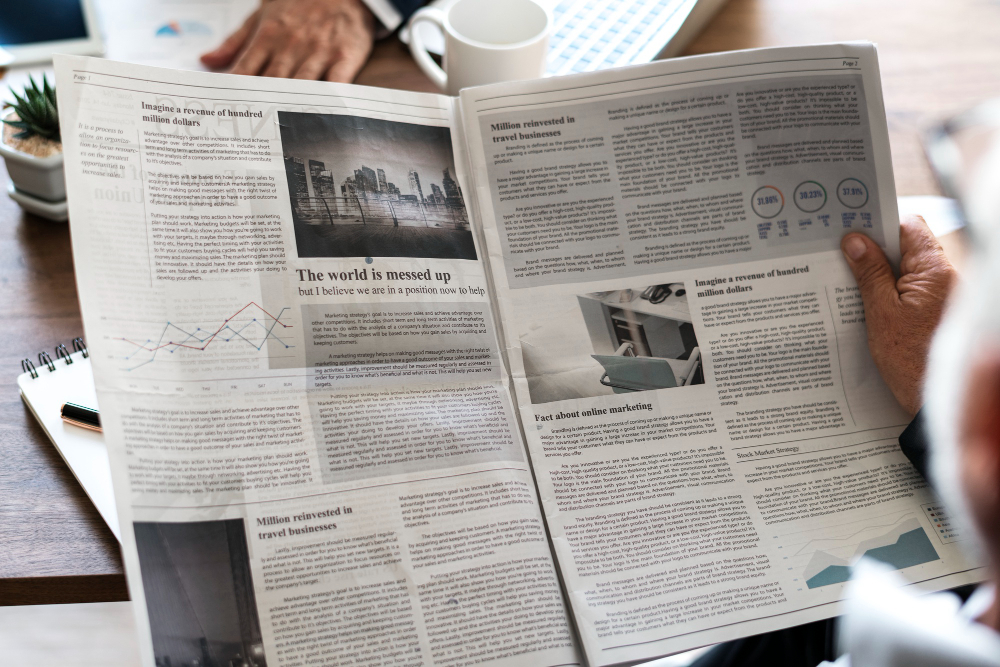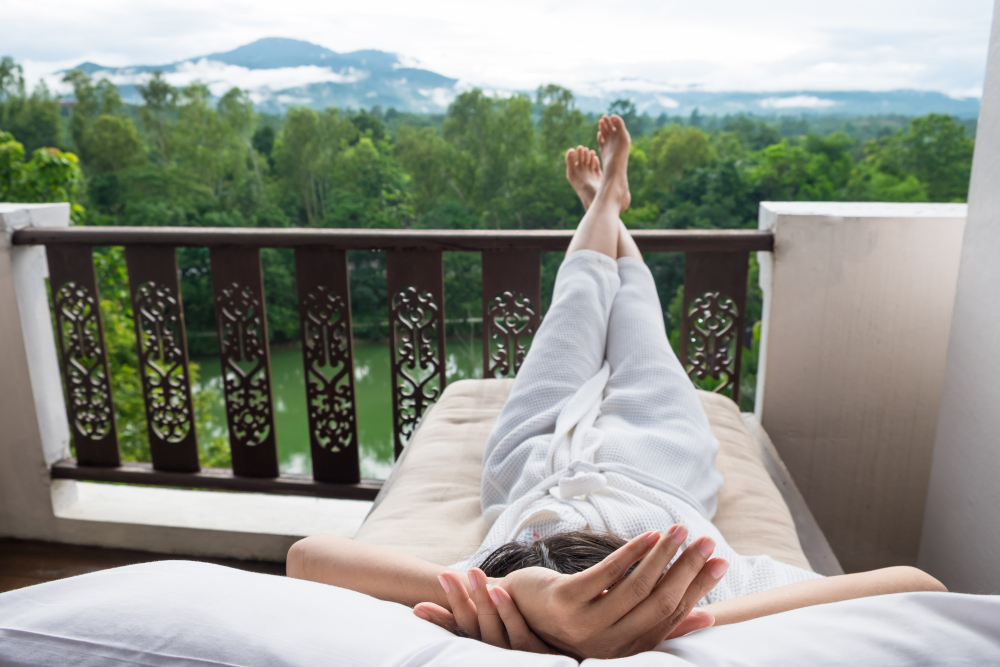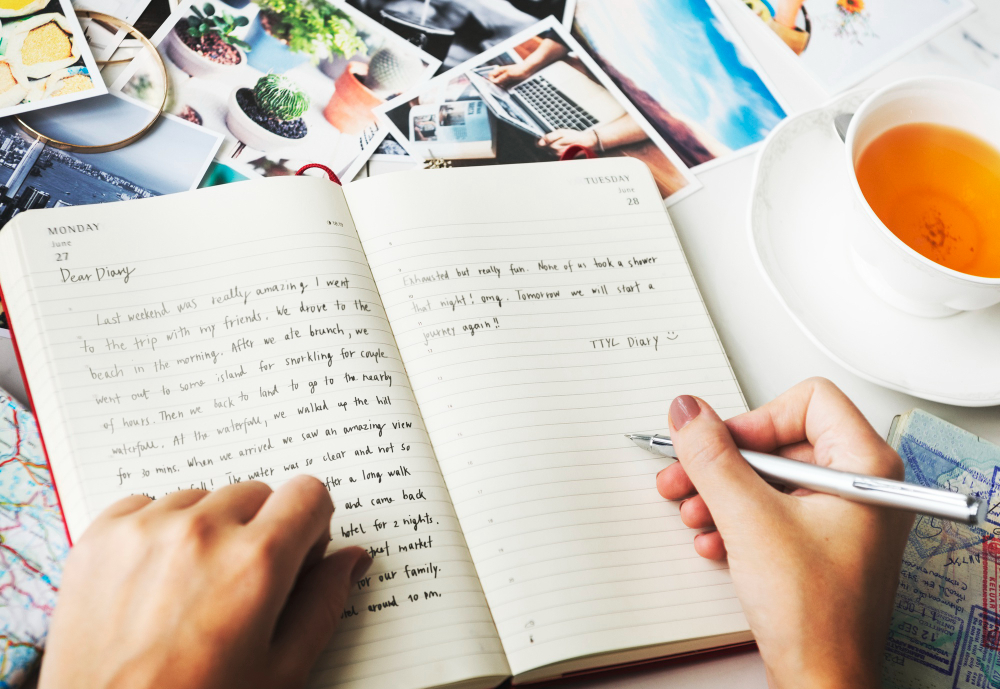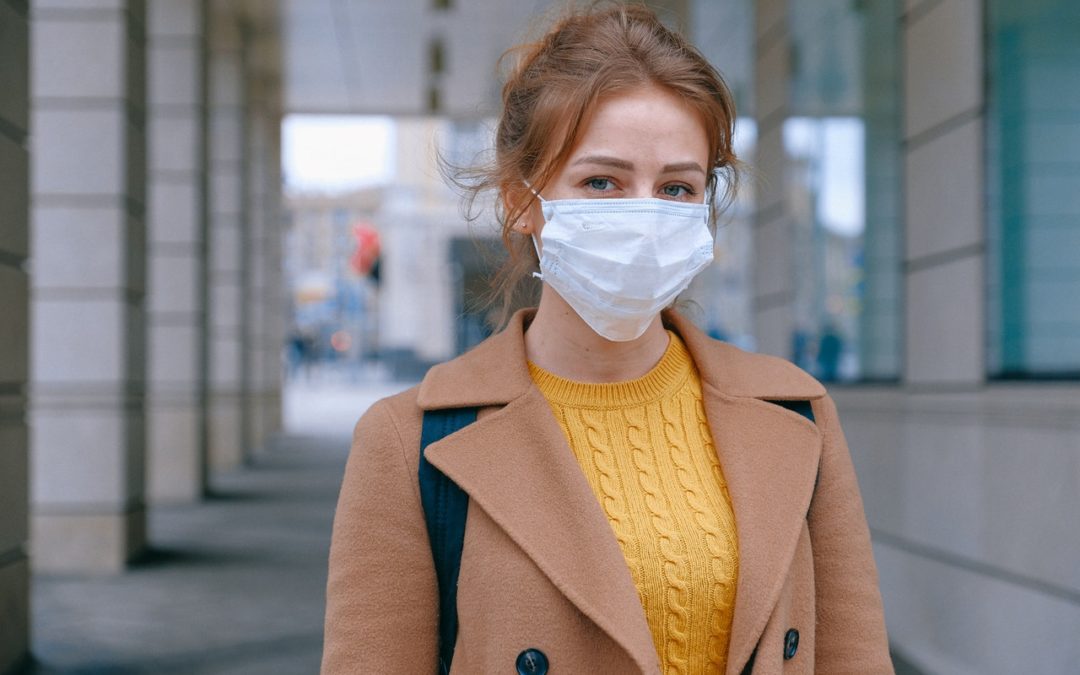
How are you doing? Are you doing alright? Are you okay? Hang in there. Stay strong. Wishing you well.
We’re now entering the second year of the COVID-19 pandemic, and all over the world, these messages are sent in our social media inbox, an outpour of words from our friends and loved ones.
Everyone’s not only worried about our physical health, but also how we are doing mentally and emotionally. Really, how are we doing?
“We are languishing,” a New York Times opinion-ed piece wrote to describe an overall feeling of joylessness and aimlessness. Scientists are starting to see a “global surge” in depression. A study in Medical News Today found that cases of depression in the U.S. have tripled over the course of the pandemic, with mental health issues mostly suffered by young people, or people below 30 years old.
So, if you’ve been feeling down in the dumps lately, know that you are not alone. There are several reasons to be feel sad and hopeless at an unprecedented time during a pandemic of this scale, but there are ways we could cope, and lessen the anxiety.
Psychologists recommended some simple things we could do lessen stressful stimuli, and gain a sense of normalcy in our daily lives. With effort, we can keep calm, carry on, and hope for a better future.

An ample or the right amount of anxiety is helping us cope, in a way that we are staying safe and cautious from the virus. We know we’re supposed to stay home as much as we can (to go out only to buy essentials). Missing your friends and family? There’s always video conferencing, and there are other ways to reach out without being physically present (send over a banana loaf you baked to your friend celebrating her birthday, for example).
It is common sense, after all. If you get COVID-19 or infect someone, your mental and emotional health will suffer. So, first things first, stay physically safe from the virus.
Pre-pandemic, we enjoyed the simple pleasure of going to the office for work, then joyously clocking out to go out with friends for drinks, or enjoy a nice warm bath and a glass of white wine at home. Then, the boundaries between work and home life were clear.
But with work-from-home, as much as it is a privilege to working employees, it has its share of drawbacks. Employees complain of being asked to work almost 24/7, or of having to juggle domestic and parenting duties with work deadlines.

- Create a physical space for work, set up a home office, preferably far away from the bedroom. This is challenging for condominium-dwellers, but we’ve seen some who successfully created study nooks.
- Set an alarm for work and home time, and stick to it. Imagine you’re still clocking out for lunch and going home. Come 6PM, close the lights and shut the door of your home office. Don’t look back.
- Third, a helpful tip from leadership coach and mental health first aid instructor, Kat Hounsell, “accept that stress levels will be higher for many at this time, whatever you’re feeling is valid considering the current context.”

Psychologists recommend limiting your news daily digest to only two times a day, and to choose your sources wisely. Pick top two news organizations whose stories always present balanced and credible news, and are based on facts.
This way, you can stay informed, without bombarding your eyes with bad news. Limiting your news intake is also correlated with limiting social media use. As much as it is tempting to scour social media feeds all days, there is a growing body of evidence that social media use is strongly linked to anxiety, loneliness or depression, which brings us now to Tip # 4.
That’s why psychologists tell us to get a distraction and find something to do away from those gadgets.

Away from your screens means you get to dig deep into your passions, into your heart’s desires. Now’s the perfect time to do them, now that we’re locked away in our homes.

This is also the perfect moment to accomplish five to 10-minute meditation. Just pure silence, concentrating on your breathing.

Having a routine will help us develop a sense of normalcy in our lives, giving us a source of positive stress that keeps us feeling fulfilled and accomplished.

You can also write a list of what you can and cannot control right now. Accept the situations you have no control over, and focus on what aspects you can do something about.
For example, you have no control over the rise of the cases in your town, but you can do your part by staying home, and eating well to boost your immune system (READ: 5 Super Nutrients to Strengthen Your Immune System).

This mural art in the streets of boarded up businesses in Seattle says it all, a message of hope to everyone who have been struggling.
This is temporary. Hope is not cancelled. How are you doing? Are you doing alright? Are you okay? Hang in there. Stay strong. Wishing you well.
Tags
https://www.hackensackmeridianhealth.org/HealthU/2020/06/02/why-routines-are-important-for-mental-health/
https://www.medicalnewstoday.com/articles/how-to-look-after-your-mental-health-during-a-pandemic#Open-communication-and-simple-relaxation
https://www.cnbc.com/2020/07/28/remote-work-burnout-is-growing-as-coronavirus-pandemic-stretches-on.html
https://www.nytimes.com/2021/04/19/well/mind/covid-mental-health-languishing.html
https://psychiatry.ucsf.edu/copingresources/covid19
https://abc7ny.com/mental-health-during-covid-19-coronavirus-resources-information/6519947/
https://theconversation.com/7-mental-health-coping-tips-for-life-in-the-time-of-covid-19-138479



0 Comments